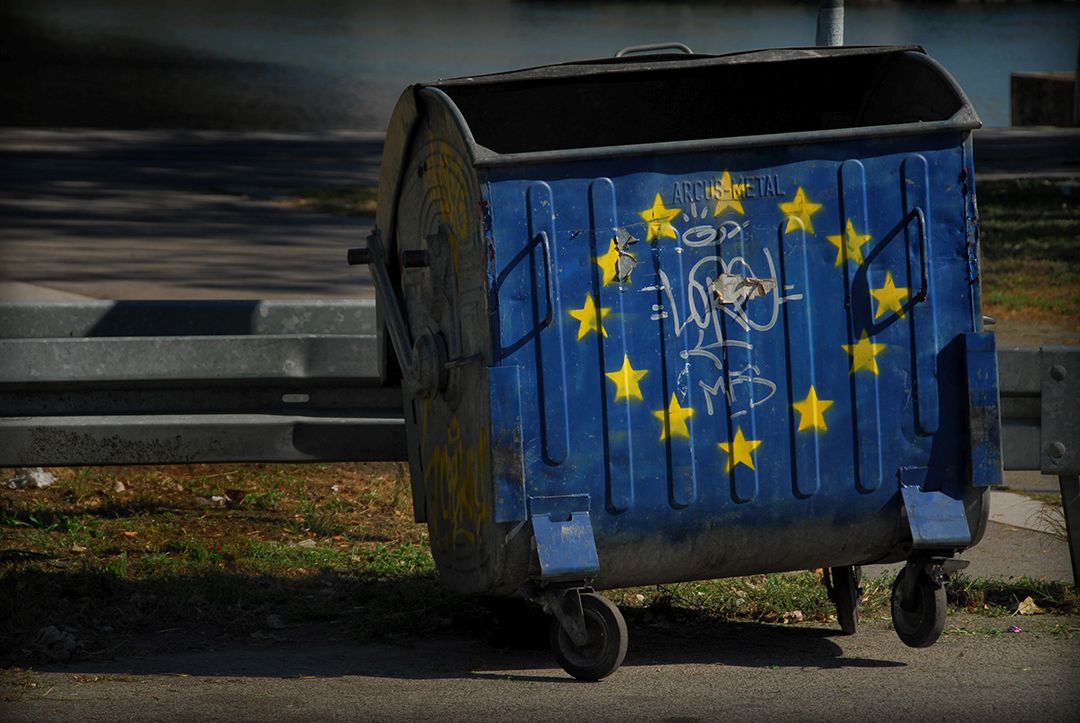This is going to a bit of a different, more personal piece from me. A few months ago, for a variety of reasons, I decided that I would spend the summer in Berlin. I’ve now been here for two weeks, and turning up in a foreign country – not for a short trip but with the intention of staying and living for a while – has given me a chance to reflect on what it means to be an immigrant first-hand.
In many respects, I’m having to deal with a lot of the same challenges that immigrants everywhere face. I have to negotiate the local administrative system with a very slender grasp of the native language: registering with the authorities here catches you in a bureaucratic regress, with every document you’re required to supply being dependent on you producing a different one. Given that it’s unlikely you can convince someone to employ you directly, you will be working on a freelance basis, yet this requires dealing with the tax office in German before you can be paid a cent. It is also illegal to work here without health insurance – and I haven’t even begun to figure that one out.
These are barriers that immigrants face every day, and yet I wonder: is ‘immigrant’ really the right term to use in my case? I might not be a citizen of Germany, but I am (under the Maastricht Treaty) a citizen of the European Union, which means that I can travel and work without limit in over 30 countries. I didn’t need a visa to get here – I was able to book a one-way flight from London Heathrow airport, and the twelve golden stars on my passport stopped anyone raising questions along the way. This being a major EU city, there is already a pre-existing community of young, international Europeans with similar experiences to me to make me feel at home. And, perhaps most importantly of all, I have the means to go about life here whilst looking for a job – including paying for German language classes to help me integrate more quickly.
These are the things that really matter, and they are manifestly not present in the experience of immigrants from outside the EU. The lucky ones are granted visas and enrolled on assimilation courses to help them access the culture and administrative system where they settle. The unlucky ones are here illegally, disappearing through the crack between national civil and international human rights and falling prey to poverty and exploitative labour practices.
Our mainstream rhetoric around immigration is based on a well-worn binary opposition: either you are on the inside, a fully legitimate member of the polity, or on the outside, an alien who poses a vague challenge to ‘the community’ as it stands. In reality, I’m now realising, intra-EU migrants don’t really fit into either category. We inhabit the space in-between, on a spectrum from those who are fluent in the language and culture on their locality to those – like me – who are still orienting themselves in a new environment. We are the human markers of an incomplete European Union.
Of course, the other luxury I enjoy compared to many other immigrants is the ability to revisit my country of origin, which I will be doing in order to vote in Britain’s EU referendum on 23 June. If that ballot swings the wrong way, I will certainly have to re-evaluate my place and prospects in north-east Germany.
You can download the article in PDF here.
James Bartholomeusz (1992) is from the United Kingdom and is a policy officer at the Project for Democratic Union.


